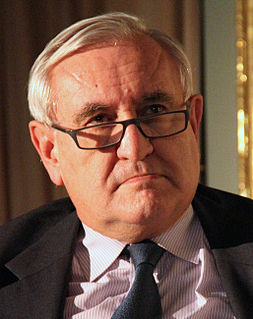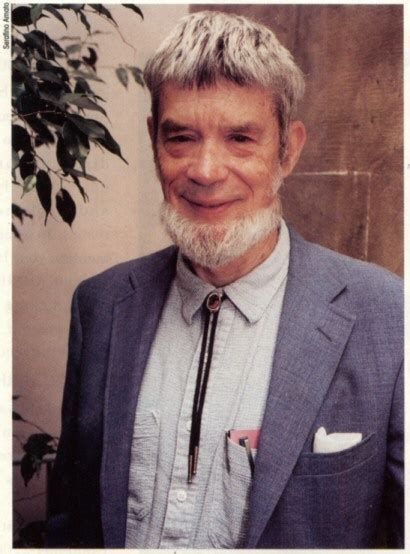A Quote by Jean-Pierre Raffarin
Prohibiting a visible religious sign, which isn't a manifestation of militancy, would look like a fight against religions.
Related Quotes
We have never said that the fight against the Iranian aggression and against the expansionist Persian tendencies (which have been demonstrated by various means under successive regimes in Iran) is the decisive battle for the Arabs. What we have said, and still say, is that the fight against Zionism is the main decisive battle for the Arabs. This is a great objective reality, which cannot be denied or underestimated except by someone who would not only harm the Arab nation and its main causes, but would also overlook the main danger.
The level of vitriol against Jews and Christianity within contemporary Islam, unfortunately, is something that we are not totally cognizant of, or that we don't want to accept. We don't want to accept it because to do so would be to acknowledge that one of the world's great religions -- which has more than 1.4 billion adherents -- somehow sanctions genocide, planned genocide, as part of its religious doctrine.
We cannot fight against collectivism, unless we fight against its moral base: altruism. We cannot fight against altruism, unless we fight against its epistemological base: irrationalism. We cannot fight against anything, unless we fight for something--and what we must fight for is the supremacy of reason and a view of man as a rational being.
We repeat and again reaffirm that neither a State nor the Federal Government can constitutionally force a person "to profess a belief or disbelief in any religion." Neither can constitutionally pass laws or impose requirements which aid all religions as against nonbelievers, and neither can aid those religions based on a belief in the existence of God as against those religions founded on different beliefs.
Faith, then, generically, is confidence in a personal being. Specifically, religious faith is confidence in God, in every respect and office in which He reveals Himself. As that love of which God is the object is religious love, so that confidence in Him as a Father, a Moral Governor, a Redeemer, a Sanctifier, in all the modes of His manifestation, by which we believe whatever He says because He says it, and commit ourselves and all our interests cheerfully and entirely into His hands, is religious faith.
There has been a religious revival because - let me put it like this, the people that weren't traditionally religious, conventionally religious, had a religion of their own in my youth. These were liberals who believed in the idea of progress or they were Marxists. Both of these secular religions have broken down.


































